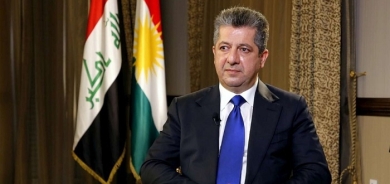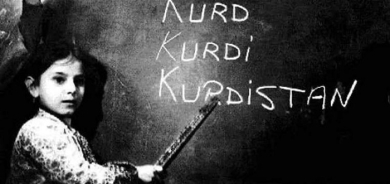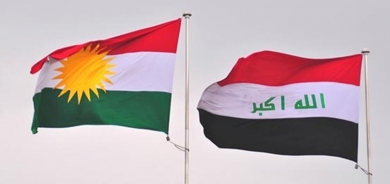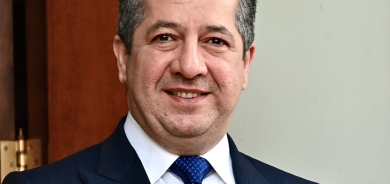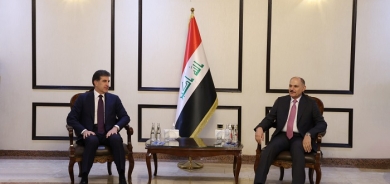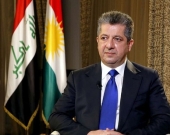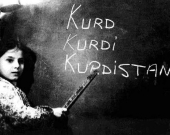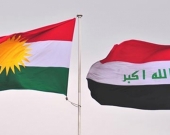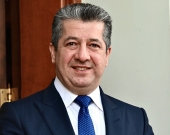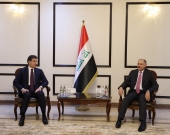Tension Mounts as Iraqi Army Blocks Harvesting in Kirkuk Province, Kurdish Farmers Prepare for Protests
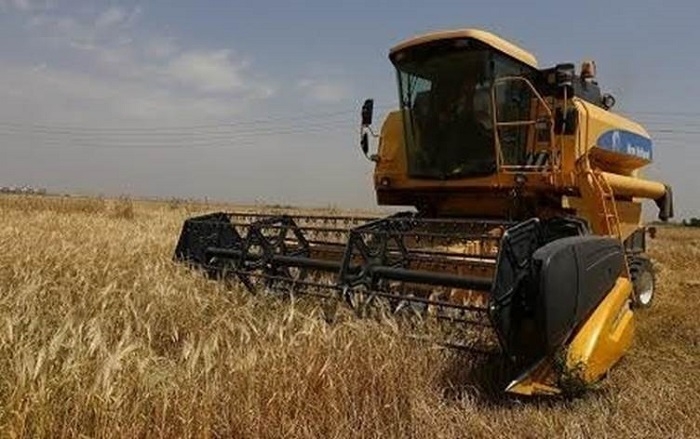
Tensions have surged in the Sargaran sub-district of Kirkuk province as Kurdish farmers mobilize against a recent directive from the Iraqi army, prohibiting the harvesting of wheat and barley in several villages. The order has sparked outrage among local farmers, with protests looming if the ban is not lifted.
The directive, issued by the commander of the eighth division of the Iraqi army, has led to confrontations between farmers and military personnel. Two Kurdish farmers were reportedly detained while harvesting barley in Galozi village, intensifying the dispute over agricultural activities in the region.
Mohammed Ismail, a representative of farmers in Sargaran, condemned the ban as "chauvinistic," asserting that Kurdish farmers are being unjustly prevented from harvesting their crops. Ismail warned of planned demonstrations on Monday, April 29, 2024, if the prohibition remains in effect.
The conflict is exacerbated by longstanding land disputes in Kirkuk province, where over 1.1 million dunams of land are under contention. Recent legal developments, including the cancellation of contracts held by Arab settlers, have complicated matters further.
Ismail has called on Kurdish representatives in the Iraqi parliament, notably Deputy Speaker Shakhawan Abdullah, to intervene and overturn the army's decree. He emphasized the need for swift action to protect the rights of Kurdish and Turkmen farmers affected by the ban.
The cancellation of Decision No. 29 of 1975 by the Iraqi Ministry of Justice in 2012 aimed to restore disputed lands to their rightful owners, providing a potential resolution to ongoing disputes in Kirkuk province. However, clashes over agricultural practices highlight persisting challenges faced by local communities amid broader political and legal complexities.

